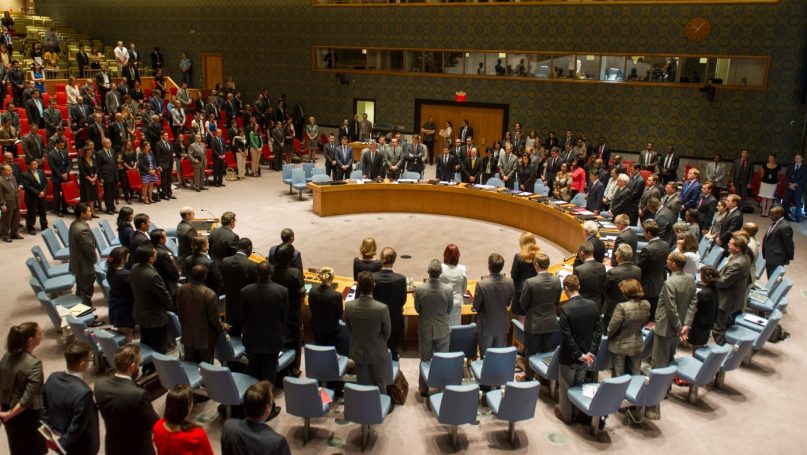
The New Power Politics: Networks and Transnational Security Governance
Edited by Deborah Avant and Oliver Westerwinter
Oxford University Press, 2016
The term “Policy Network” was used extensively in the academic literature and in the political discourse to refer to the study of the policy making process—both at the domestic and at the international level. However, despite the “Babylonian variety of policy networks concepts and applications” (Börzel 1998), three important questions have not had exhaustive answers yet. How do different policy networks affect policy outcomes? What is the relationship between policy networks and power politics at the international level? Why are there governance patterns in some issues and why are policy networks sometimes not able to generate governance mechanisms?
This volume, edited by Deborah Avant (University of Denver) and Oliver Westerwinter (University of St. Gallen), provides an innovative theoretical framework and detailed empirical cases to fill the gap in the academic literature on policy networks.
Drawing on global governance and policy networks studies, the authors argue that, in order to understand the dynamics within the current security governance field, it is essential to start from the analysis of different types of networks that include state and non-state actors. Only considering network analysis, it is possible to shed light on the relationship among different actors and understand how their interactions contribute to explain governance outcomes in security issues. Network theory places the relationships among actors at the centre of the study of the political process: the role of actors within the network, the distribution of ties among units and the quality of these explain how networks vary and how and when they impact on security governance processes.
The book is divided into three main parts: the first part clarifies the general theoretical framework focusing in particular on the concept of centrality, as a measure of actors’ importance in the network. The second part deals with the analysis of strategic networks and how different configurations of policy networks shape security governance at the international level. The third part of the book is composed of five case-studies that empirically analyse how network variables affect security governance outcomes such as the control of weapons of mass destruction (WMD), the antipersonnel mine ban, the governance of diamonds conflict, the governance of natural resources and the multinational military cooperation against piracy.
The authors give a great contribution to Policy Networks, International Relations and Global Governance studies, improving our understanding of the current security dynamics.
The focus on policy networks can explain puzzling cooperation patterns at the international level. Why do the US, China and Iraq collaborate to counter piracy in the Indian Ocean, despite their often hostile relations at the diplomatic level? According to Sarah Percy (Chapter 10), in order to explain this puzzle we need to look at the counter-piracy network’s combination of informal relationships among its participants. The lack of an effective hierarchical command of multinational naval operations and the informal interactions among naval military structures from different countries represented the key for the successful coordinated action in protecting economic activities in the Indian Ocean.
This volume, through a good balance between quantitative and qualitative methods, has the merit to link formal network analysis with a very innovative conception of power as a dynamic element. The new conception of power has a decisive impact on the role of states in the international arena. Unlike the studies that analyse the policy network mainly from the perspective of non-state actors, this volume highlights how strong states and great powers have strategically used networks to achieve their international goals. For instance, the conceptualization of the US hegemony as a complex structure in which routine social interactions at the micro-level create patterns of “hegemonic socialization” through “multiplex networks” results particularly interesting. This process is important to understand how the US’ elites influence partners’ ideological and policy preferences, and also how weaker states can affect hegemonic powers. The case study provided by Alexander Cooley and Daniel Nexon (chapter 4) on the US-Georgia relations during the Bush administration is a perfect test to illustrate how interpersonal networks shape power politics at the international level, leading the US to take dangerous actions for the Eastern Europe stability.
The theoretical and methodological elements of the book represent a solid foundation for developing new empirical research. Further research on the relationship between policy networks and security governance mechanisms, will benefit our theoretical and empirical understanding of the current developments in international affairs, considering the relational nature of power.
This book is intended for students, academics and practitioners in the security governance field and in general for those who believe that the politics in 21st century is not exclusively a concern of national governments, but it is continuously shaped by a multitude of complex and interdependent networks of state and non-state actors.
Reference
Borzel, T. A. (1998) Organizing Babylon – On the Different Conceptions of Policy Networks. Public Administration 76: 253-73.